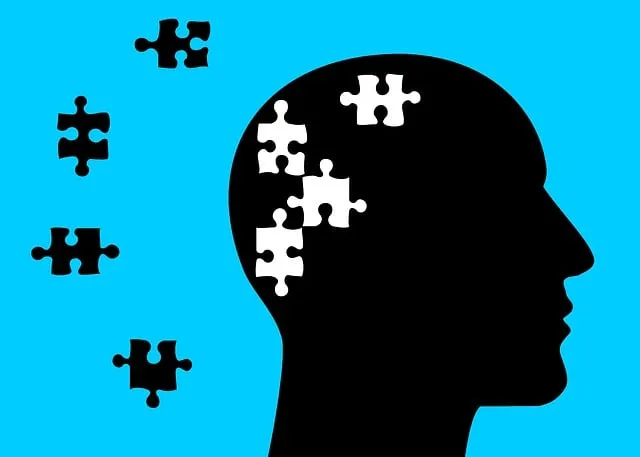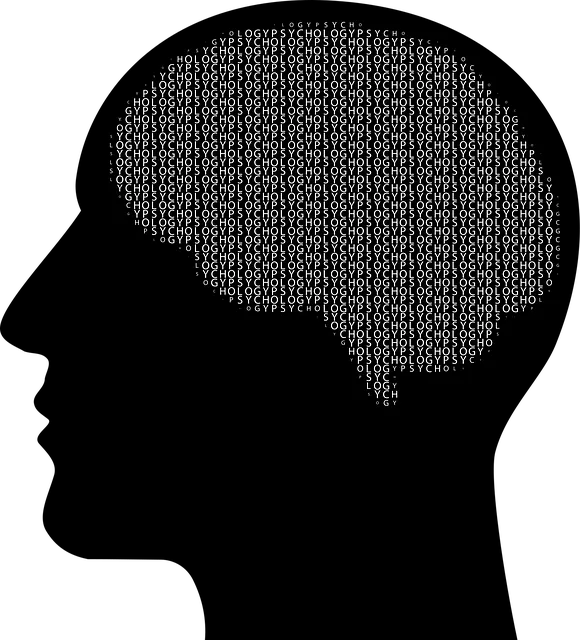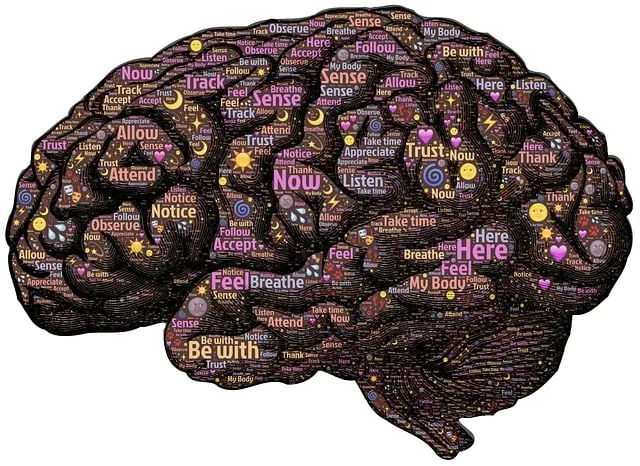Kaiser Permanente's commitment to culturally sensitive mental healthcare in Northglenn is evident through specialized training programs for its mental health jobs. By integrating workshops, policy sessions, and a podcast series, the organization equips staff to overcome language barriers, challenge biases, and provide adaptive support tailored to diverse cultural needs. This inclusive approach, which includes customizing treatment plans and embracing holistic care principles, enhances patient engagement and outcomes, fostering a supportive community that values diversity and promotes mental well-being for all clients seeking Kaiser Permanente mental health jobs in Northglenn.
In today’s diverse society, cultural sensitivity is paramount in mental healthcare. Understanding and respecting different cultural backgrounds significantly impacts patient outcomes. This article explores this crucial aspect, focusing on strategies for mental health professionals. We delve into Kaiser Permanente’s innovative approach to cultural competence training for Northglenn mental health jobs, emphasizing its role in fostering inclusivity. By navigating diverse cultural contexts effectively, therapists can create supportive environments, ensuring quality care tailored to each patient’s unique needs.
- Understanding Cultural Sensitivity: Why It Matters in Mental Healthcare
- Kaiser Permanente's Approach to Cultural Competence Training for Northglenn Mental Health Jobs
- Navigating Diverse Cultural Backgrounds: Strategies for Effective Therapy
- Fostering Inclusivity: The Role of Mental Health Professionals in Shaping a Supportive Community
Understanding Cultural Sensitivity: Why It Matters in Mental Healthcare

In the diverse communities served by Kaiser Permanente mental health jobs in Northglenn, cultural sensitivity is more than a nicety; it’s an essential component of effective care. Understanding and respecting cultural differences can significantly impact patient outcomes and foster trust between healthcare providers and clients from various backgrounds. Cultural sensitivity involves recognizing and appreciating the unique beliefs, values, and practices that shape individuals’ mental health experiences and expressions. This awareness allows mental health professionals to deliver tailored, culturally competent services, ensuring that every patient feels heard and validated.
By incorporating cultural sensitivity in practice, Kaiser Permanente mental health jobs in Northglenn can address crucial aspects such as resilience building, mindfulness meditation, and mental illness stigma reduction efforts. These initiatives not only enhance the quality of care but also create an inclusive environment where clients from diverse communities feel empowered to seek help and support for their mental well-being.
Kaiser Permanente's Approach to Cultural Competence Training for Northglenn Mental Health Jobs

Kaiser Permanente, recognizing the importance of cultural sensitivity in mental healthcare, has implemented a comprehensive approach to training for its Northglenn mental health jobs. This initiative focuses on fostering a culturally competent environment where professionals can effectively support diverse patient populations. The organization offers specialized programs tailored to address unique cultural needs, ensuring that staff members are equipped with the skills to navigate complex interpersonal dynamics.
One notable aspect of Kaiser Permanente’s strategy is the integration of various training modules, including Stress Management Workshops Organization and Mental Health Policy Analysis and Advocacy. These sessions empower employees to understand cultural nuances, challenge implicit biases, and adapt their practices accordingly. Additionally, the production of a Mental Wellness Podcast Series Production provides an engaging platform to explore mental health topics from diverse perspectives, further enriching the cultural sensitivity of the healthcare providers.
Navigating Diverse Cultural Backgrounds: Strategies for Effective Therapy

When providing mental healthcare services, especially in diverse communities like Northglenn, where individuals from various cultural backgrounds reside, therapists must adopt an inclusive approach. Navigating different cultural perspectives requires a nuanced understanding and strategic adaptation to ensure effective therapy. One of the primary challenges is overcoming language barriers; ensuring clear communication is vital for building trust and fostering a safe space for patients from diverse linguistic backgrounds.
Therapists can employ various strategies, such as offering multilingual resources, utilizing professional interpreters, or providing culturally sensitive education to bridge these gaps. Additionally, customizing treatment plans to accommodate cultural beliefs and practices can enhance patient engagement. For instance, integrating traditional healing methods alongside evidence-based practices may be beneficial for some patients. This tailored approach not only improves outcomes but also reflects the values of organizations like Kaiser Permanente, which prioritizes holistic care in its mental health jobs Northglenn.
Fostering Inclusivity: The Role of Mental Health Professionals in Shaping a Supportive Community

In fostering inclusivity within mental healthcare practices, particularly at organizations like Kaiser Permanente in Northglenn, mental health professionals play a pivotal role. They are not merely healers; they become architects of a supportive and culturally sensitive community. Through their interactions with clients from diverse backgrounds, these professionals can significantly impact the accessibility and effectiveness of mental health services. By embracing cultural competency training, as encouraged by the Healthcare Provider Cultural Competency Training initiatives, they learn to navigate the intricate web of cultural differences, ensuring every client feels understood and respected.
This process involves not just knowledge acquisition but also skill development in empathy building strategies, a key aspect highlighted in Mental Health Policy Analysis and Advocacy. By cultivating a deep sense of empathy, mental health providers create safe spaces where clients can openly share their unique experiences and perspectives. This approach goes beyond meeting the immediate mental health needs; it fosters a community that values diversity, respects cultural norms, and promotes holistic healing, ultimately enhancing the overall well-being of individuals seeking care at Kaiser Permanente Northglenn.
Cultural sensitivity is a cornerstone of effective mental healthcare, especially in diverse communities like Northglenn. As highlighted by Kaiser Permanente’s comprehensive cultural competence training for mental health jobs in the area, empowering professionals to navigate different cultural backgrounds is crucial. By adopting inclusive practices as discussed, mental health providers can foster supportive environments, ensuring that every client receives care tailored to their unique needs and background. This approach not only enhances therapeutic outcomes but also strengthens the bond between healthcare providers and the communities they serve.






